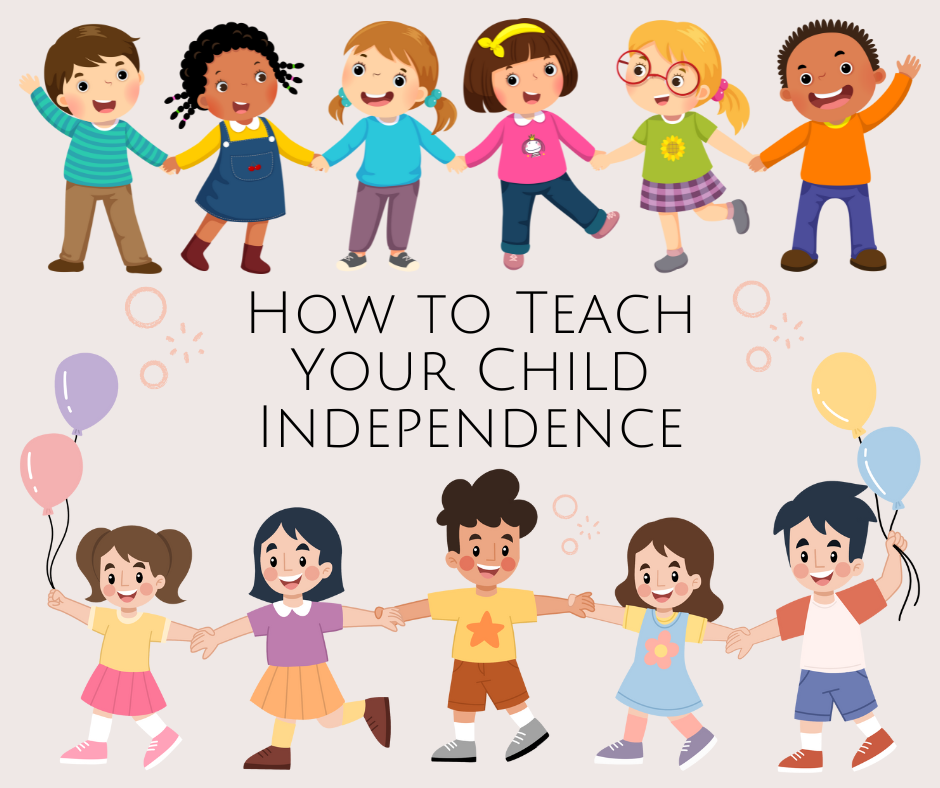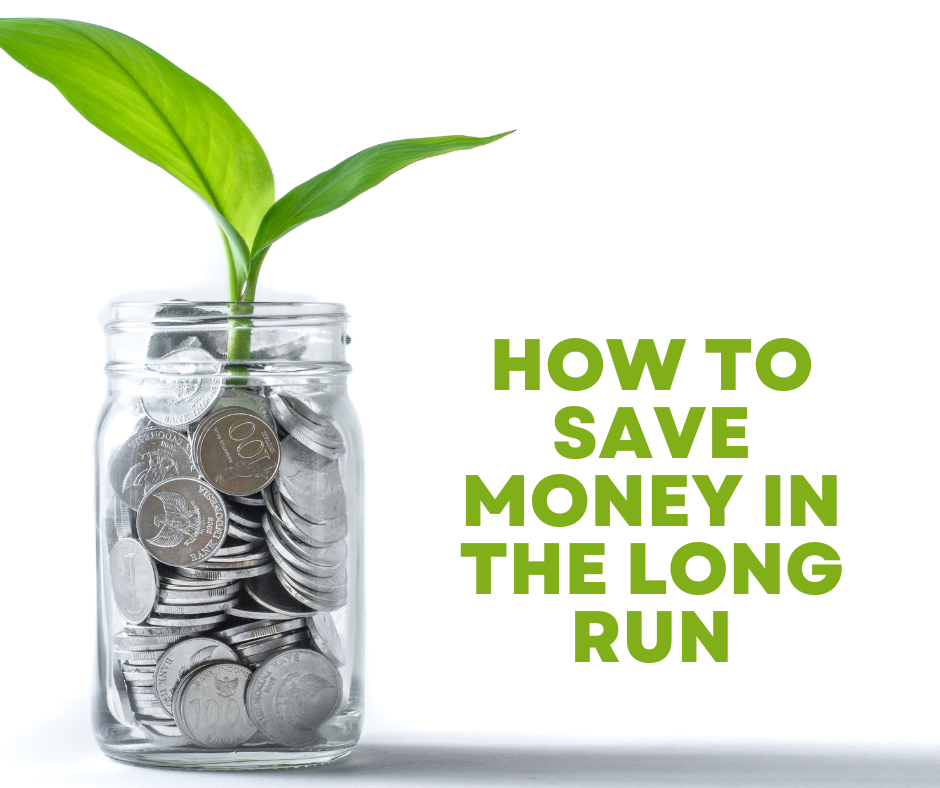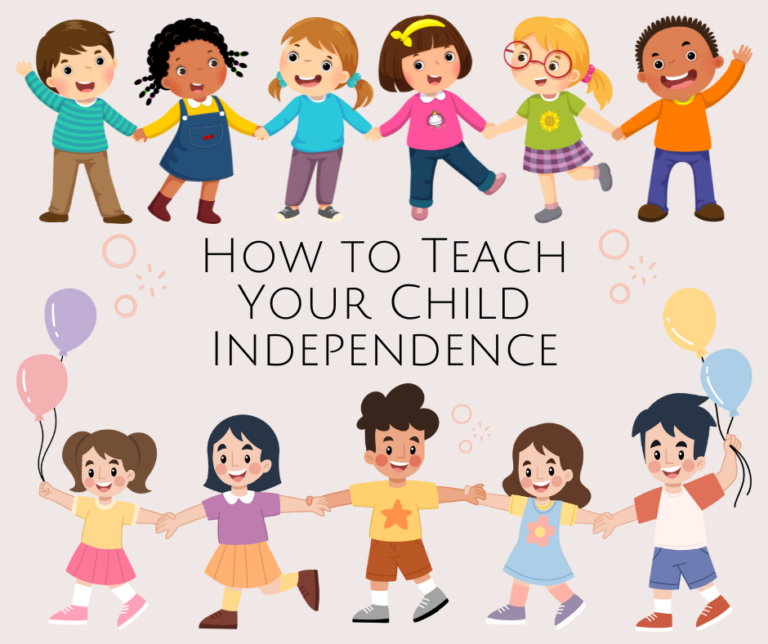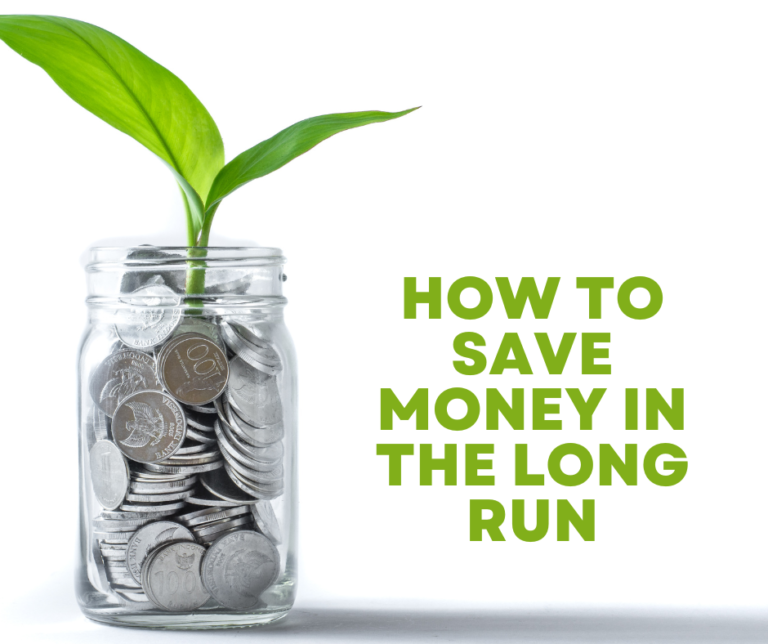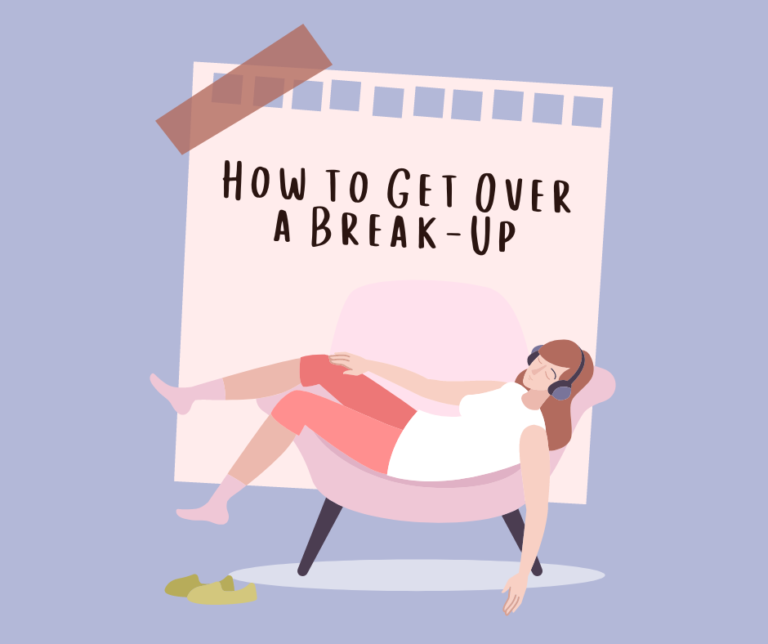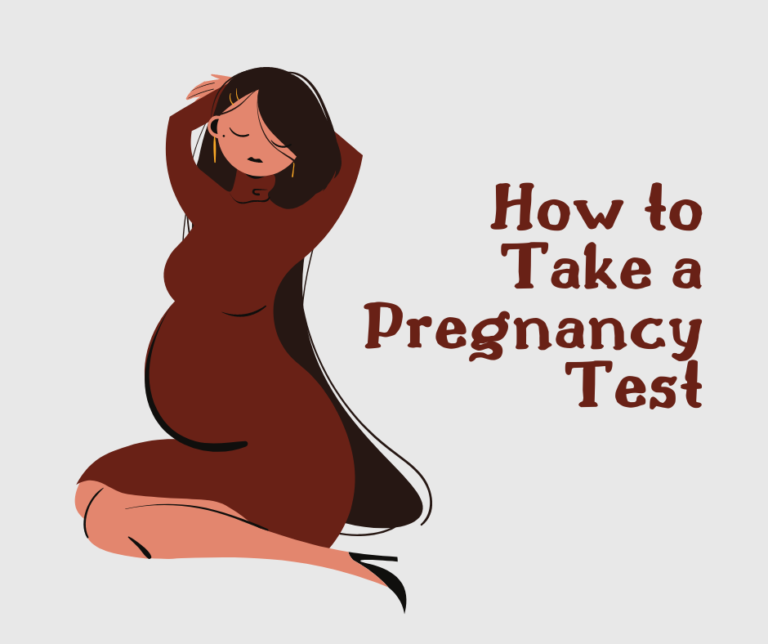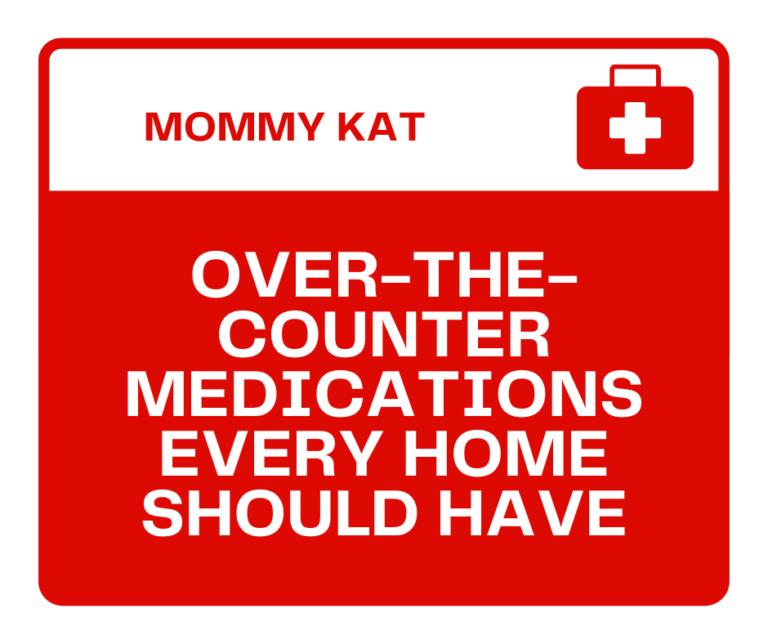It’s funny how you are the precise type of parent you said you would never be. Nevertheless, somewhere along the line, the lines between trying to be a helpful, encouraging parent and a hovering, helicopter mom get crossed. Somewhat reminiscent? Nobody intends to be an overbearing parent. But doesn’t it start to creep up on you? Here are several indicators.
Symptoms of a Helicopter Mom
- You are concerned about your child’s potential failings because you fear the absolute worst. Getting involved can keep your kid from getting a bad grade or experiencing disappointment. But when a parent controls their child’s conduct and denies them any alone time, it can cause stress, poor coping mechanisms, unhappiness, and struggle in kids.
- You adopt your child’s assignments. In moderation and when it’s a team effort, that is beneficial. However, if you stay up late to crack a tricky algebraic puzzle to get your kid out of trouble, your youngster might need to learn how to swim. Remember that you won’t send your child to college with you, so they must work this out for themselves. Therefore, kids must acquire vital executive functioning and problem-solving abilities.
- Having other parents’ influence. Parents can succumb to peer pressure from micromanaging parents. Dr. Daitch claims that when we see other people overparenting, it pressures us to do the same. Additionally, it makes us feel like poor parents. Of course, guilt plays a significant role.
- Parents who experience abandonment, rejection, and unlove as children try to be too attentive to their offspring. They monitor and pay excessive attention to them to ensure that their children do not experience childhood emotions the same way they did.
- You are anxious about world events. You could overprotect the child out of your concern for the state of the economy and the wider world. “Worry can cause parents to take control of their children to prevent them from being disappointed or wounded,” says Dr. Daitch.
Consequences of Being a Helicopter Mom
- Need for adequate coping abilities. The child cannot learn via failure, disappointment, or loss when the parent always steps in to fix the issue or clean up the mess. Additionally, studies show that parents who hover over their children can reduce their ability to handle life’s stresses and strains.
- Overanxious. The melancholy and anxiety levels of a youngster are increased by helicopter parenting. If the parents are nervous, they may develop comparable anxiousness. For instance, the youngster might acquire the same fears if the parent worries about them strolling the street alone.
- Low confidence and self-esteem. Parenting by helicopter is a bad idea! The child thinks that their parents won’t trust them if they act independently because of the parent’s excessive participation. Due to their parents’ lack of trust, the child lacks confidence in themselves. As a result, it causes a lack of confidence and self-worth.
- Complex entitlement sense. Children become accustomed to having their parents meet their demands when parents actively participate in their academic, social, and athletic activities. They become more demanding, believing it is their right to get whatever they desire.

